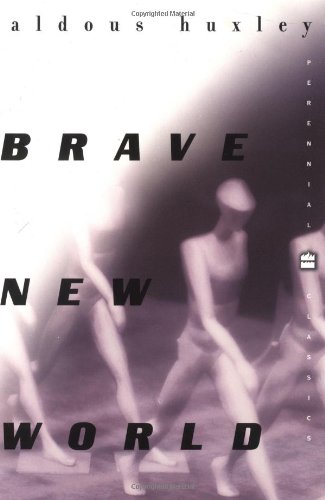In the labyrinth of literature on war and its aftermath, "Slaughterhouse-Five" by Kurt Vonnegut stands as a monument to the absurdity and tragedy of conflict, weaving together the threads of historical fiction, science fiction, and dark satire into a vivid tapestry of time and memory. Through the surreal journey of Billy Pilgrim, a man who becomes unstuck in time after his experiences as a prisoner of war during the Dresden bombings, Vonnegut explores the destructive nature of war and the indelible marks it leaves on the human psyche. Pilgrim's odyssey through time reflects the fragmented way trauma survivors navigate their lives, piecing together moments of horror, banality, and alien encounters into a narrative that defies linear storytelling. Vonnegut, with incisive wit and compassionate insight, delivers not just a narrative about the horrors of the Dresden firebombing but also a commentary on the human condition, challenging readers to confront the paradoxes of free will, the randomness of disaster, and the search for meaning in chaos. "Slaughterhouse-Five" transcends its own genre constraints, becoming more than just an antiwar novel; it is a profound reflection on the resilience of the human spirit in the face of insurmountable odds. Through Billy Pilgrim's eyes, we are invited to see the world differently—to recognize the thin line between absurdity and sanity, and perhaps, to find our own way to come to terms with the unfathomable complexities of life and time.
3
recommendations
recommendation
Similar recommendations
View all









This site is part of Amazon’s Associates Program. Purchasing books recommended by successful individuals through my links earns us a small commission, helping keep the site running, at no additional cost to you. Thank you for supporting our site!



